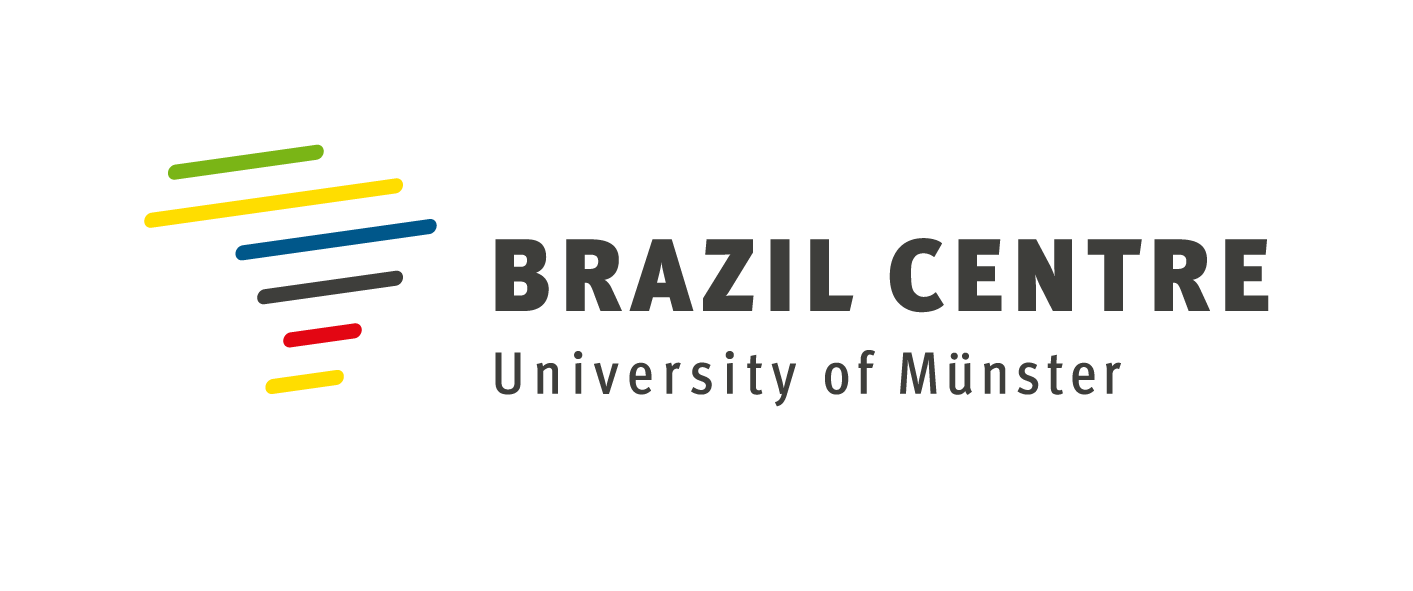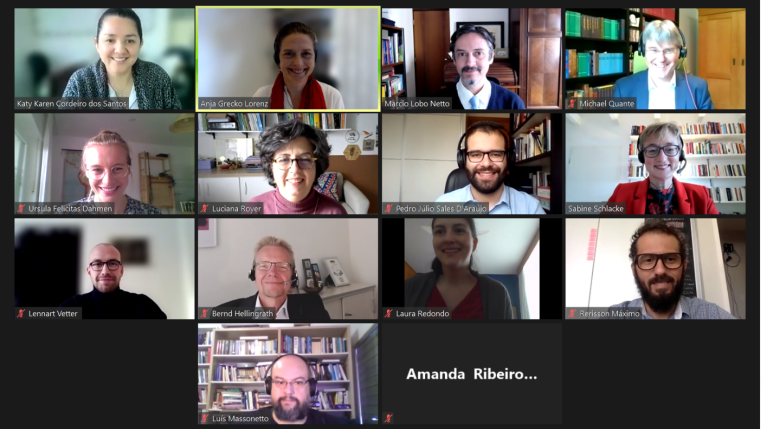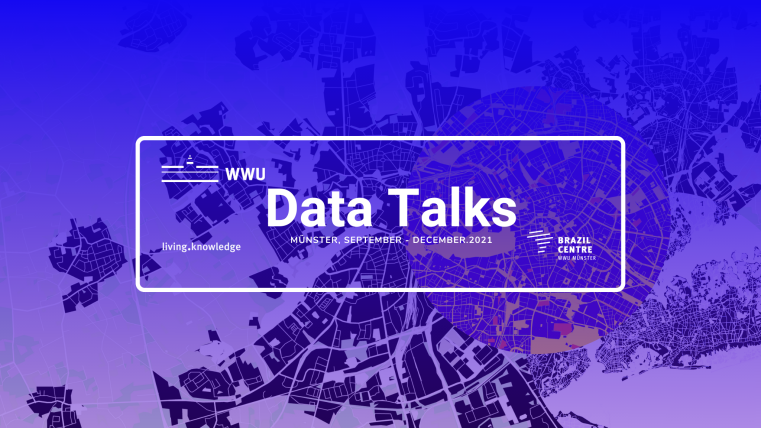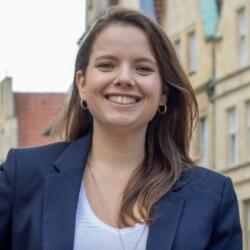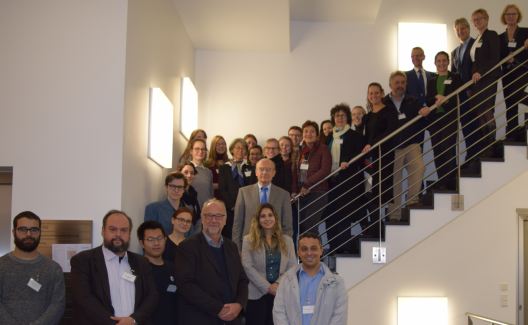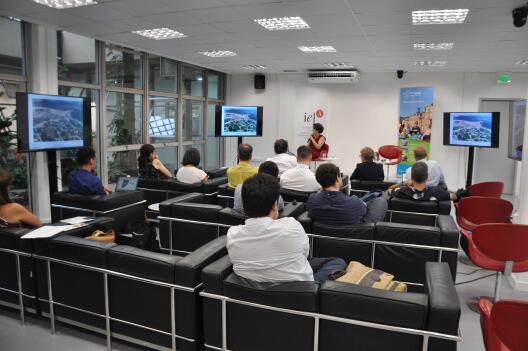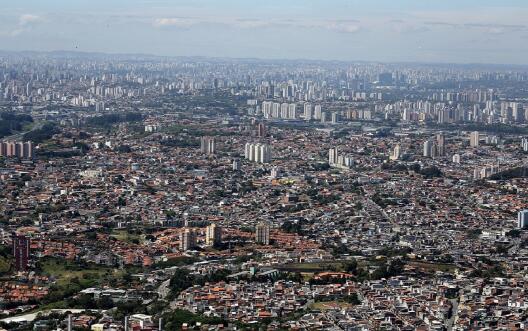
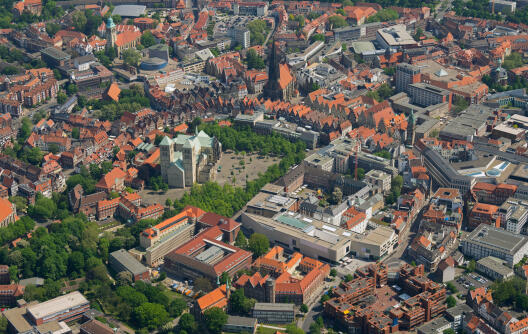
By 2050, two-thirds of the world's 9-10 billion people will live in cities. In addition to Asia and Africa, this also affects South America, which makes the issue of urbanisation of particular importance to Brazil. Cities are drivers of adverse environmental and climate changes with substantial impacts on citizens.
Nowadays, more than ¾ of the entire energy is consumed in cities and they cause 80% of greenhouse gas emissions. This contributes significantly to climate change, but at the same time, they are particularly affected by the consequences of climate change. 70-80% of the cities are located near the coast, thus they are specifically threatened by sea level rise.
Within the context of the DAAD funded Strategic Partnership we will focus on research topics which address challenges cities are exposed to regarding climate change.
We will involve researchers from different faculties e.g., law, medicine, geography, climatology, economy, mathematics, information systems, engineering, arts, urban planning, geoinformatics, philosophy etc.
Leading questions are:
1. Are cities capable to contribute to Climate protection by implementing specific targeted policies?
2. How can mobility in cities be designed in a sustainable way? Which measures are available to cities in order to adapt to climate change or to respond to more frequent climate-related disasters?
3. How does climate change affect the health of the urban citizens? What are the measures to minimize the climate impact on urban (clean air, adequate housing, green spaces, resilient living environments, adequate sanitation, water supply)?
4. How can the urban population participate in the decision making regarding impact of climate change? How can the general awareness of urban population and decision-makers be increased?
5. How can art and cultural projects contribute to widen environmental awareness and potentially change the perspective of individuals?
6. Which kind of governance is needed to enhance climate-friendly urban development?
Who are the decision makers regarding urban land use, urban development and urban planning legislation? How can they forward urban transformation towards sustainability (local urban governance)? Which are the role, cities play within the fight against climate change?
7. How shall ethical questions of climate justice and climate responsibility be solved? Which role are still playing the effects of colonial history?
Which actors (individuals, regional groups, institutions or other social entities) can be identified in terms of climate responsibility?

